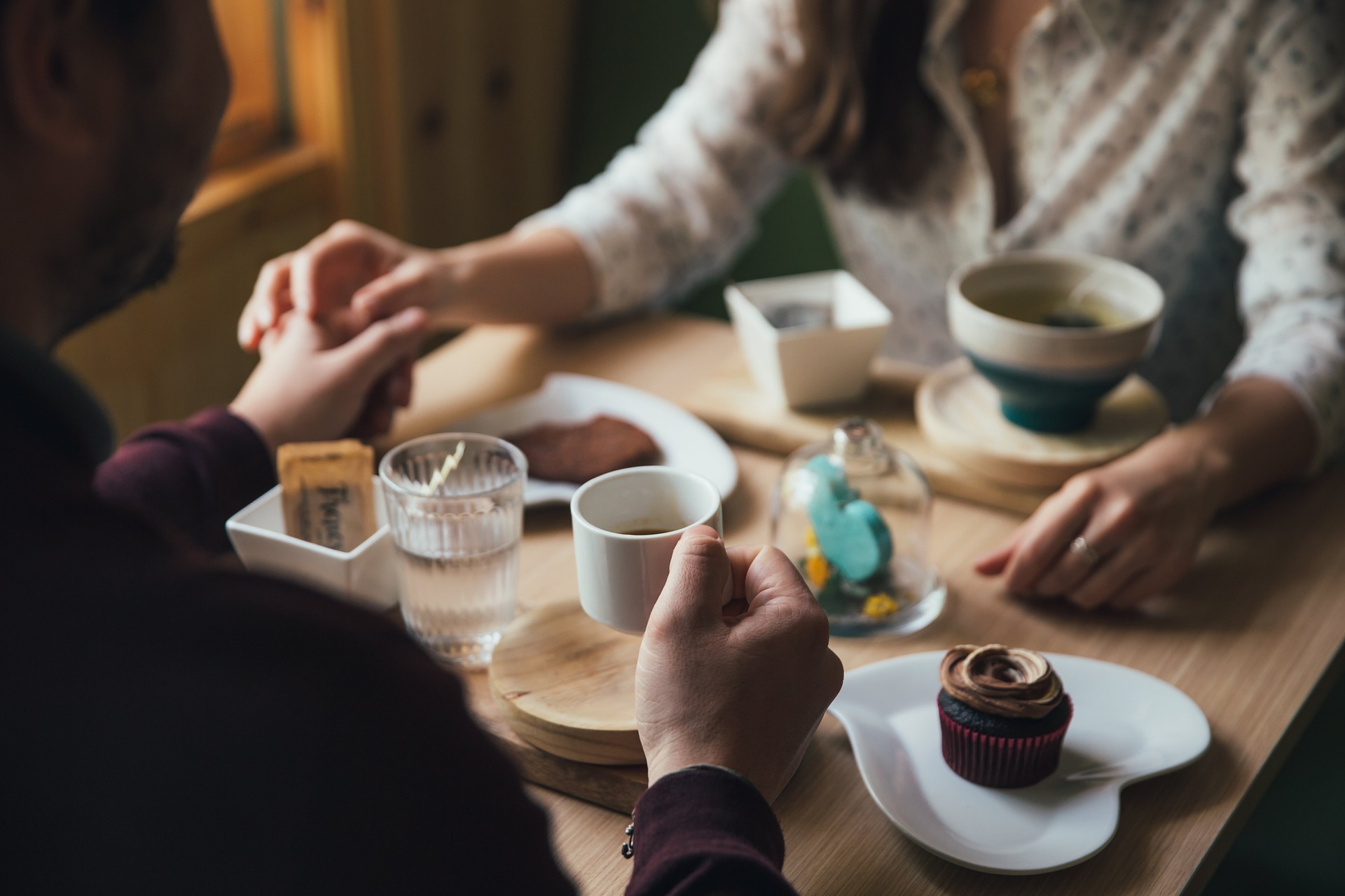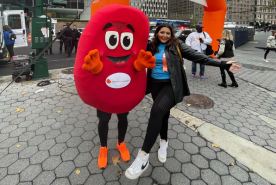Health systems, social systems, and environmental factors Kidney groups Children and adolescents Healthcare system navigation and patient advocacy People at risk Patient advocacy
February 02, 2018
Health diagnosis or not, dating isn’t easy. In many situations, talking about a health or personal issue can feel challenging or cause anxiety.
Kidney disease is a part of you, but it doesn’t define who you are. Therefore, your diagnosis isn’t something that you need to necessarily share right away. Many people have a part of their life they are nervous to talk about when dating, whether it is a chronic disease or a life circumstance, such as being divorced, having children from another relationship or even a recent break-up.
A kidney disease diagnosis doesn’t need to adversely affect your love life, so here are 8 tips for dating and communicating about your kidney disease status with a romantic partner:
1. Timing is everything.
Don’t feel like it’s an obligation to immediately reveal that you have kidney disease. Get to know the person and tell them when the time feels right.
2. Open communication is key.
Many people don’t know what kidney disease and dialysis entail. They may have some misconceptions that might cause fear. Allow them to ask you questions and make it an open door discussion. You don’t need to discuss all the details at first, but can build on knowledge and understanding as the relationship progresses.
3. Be patient.
Change can be scary, so be patient with your partner as he or she processes what this diagnosis means for him or her, for you individually, and for you as a couple. Be honest about your feelings and encourage your significant other to share theirs. Often we try to protect those we love and care about from difficult feelings; however this can leave you feeling isolated.
4. Put your best foot forward.
Think about how you view yourself and remember to lead with your best characteristics. Do you see yourself as independent? Strong? Sick? It’s okay to view yourself in many ways, but start by highlighting your best qualities, just like you would on a job interview.
5. Be open about the sexual side effects.
Sexual problems can happen to anyone, whether or not they have kidney failure. Admittedly, these are never easy to talk about, especially in a new relationship, but it’s important that you be open with your partner. Also, talk with your healthcare team about any problems you are experiencing as there may be treatment available.
6. Be in tune with your energy level.
Keep your dialysis schedule in mind and when you typically have the most energy. Try to plan your dates when you’re feeling your best, and don’t overdo it with activities that will wear you out. For example, if you’re feeling tired, suggest seeing a movie together instead of going for a long walk or hike.
7. Check out restaurant menus ahead of time.
This way, you’ll be able to find items that will work with your dialysis diet. By planning ahead, you can make other meal adjustments during the day, such as reserving some of your fluid intake or nutrient allowances for your date.
Most romantic partners, like friends and family, will want to support you, but might not always know how best to do that. Everyone has had struggles in their life. Sharing hard times or experiences can bring couples closer and increase intimacy.
Many people are not aware of the basics of what kidneys do, what kidney disease means, and what is involved with dialysis. The person you are dating may have questions but be afraid to ask. He or she may have emotional reactions or comments due to a lack of knowledge. Use this as an opportunity to educate about your disease. Share resources, speak with your social worker or medical team at your dialysis clinic, or reach out to NKF Cares, toll-free at 855.NKF.CARES (855.653.2273) or email nkfcares@kidney.org, to speak with a trained professional who will answer questions and listen to your concerns.









